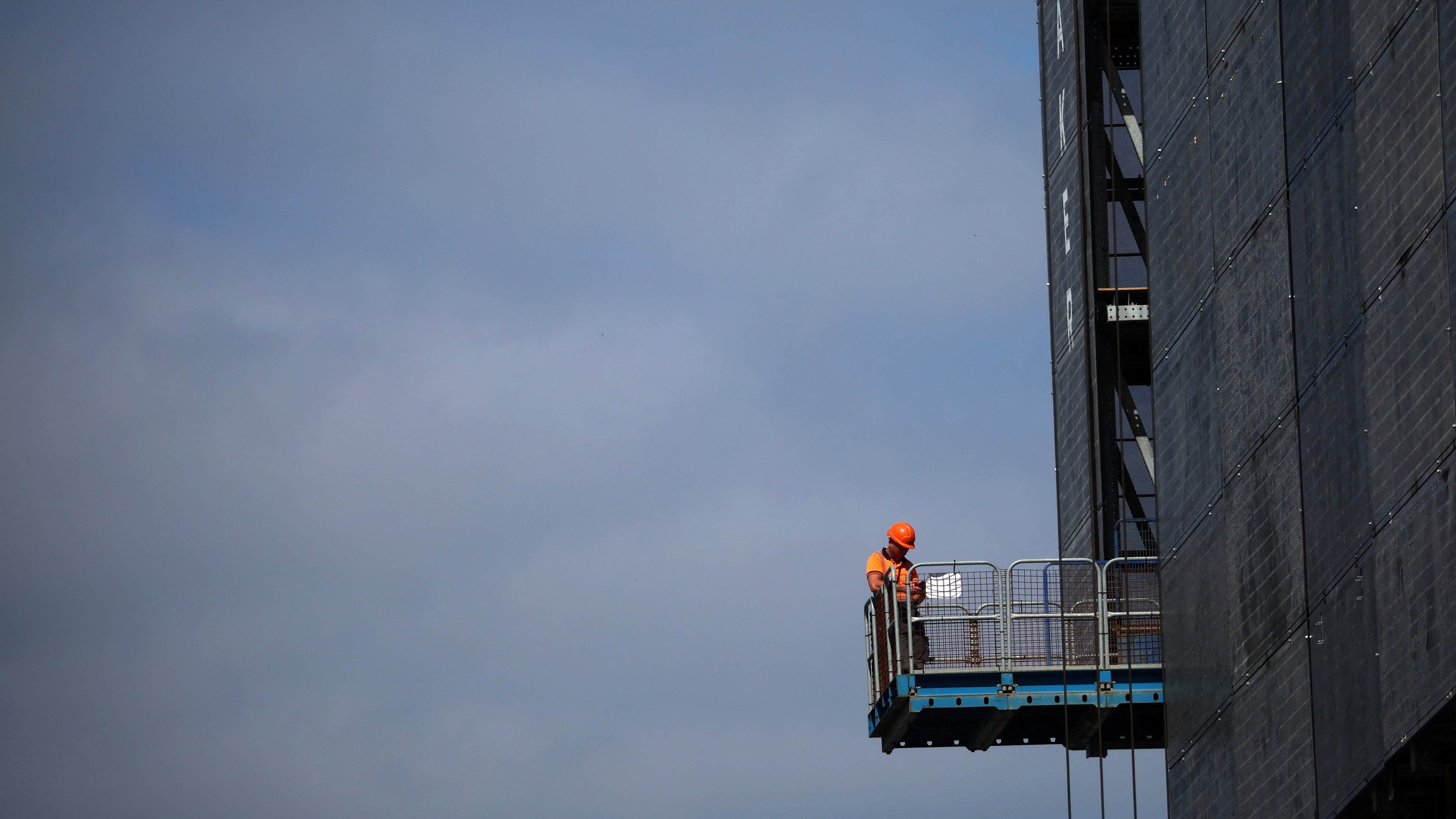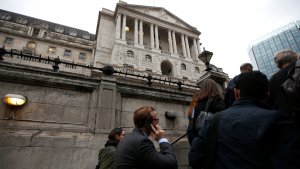Hot UK Labour Market Raises Pressure On BoE To Act Again
Employment rose by 250,000 in the three months to April.

Britain's labour market outperformed even the highest expectations of economists polled in data on Tuesday, piling pressure on the Bank of England to raise interest rates again in the face of unrelenting price pressures.
Employment and wage growth soared during the three months to April while the unemployment rate fell, according to the Office for National Statistics.
Sterling shot up by around a third of a cent against the dollar to $1.255 in response to the data, which RBC bank said was "unambiguously strong".
The figures underlined signs that the economy is not cooling as the BoE had hoped so that momentum fades from rising prices, with Britain suffering one of the highest rates of inflation among major advanced economies.
Annual growth in wages excluding bonuses rose to 7.2% during the three months to April, up from 6.8% in the three months to March.
Outside of the COVID-19 pandemic, when wage statistics were skewed by furlough schemes, it was the highest reading on record.
Economists polled by Reuters had forecast a 6.9% rise on average.
"For the Bank of England, wage growth is a big problem – it is simply at too high a level to allow inflation to hit the 2% target," said Hussain Mehdi, macro and investment strategist at HSBC Asset Management.
Including bonuses, wage growth jumped to 6.5% from 6.1% previously, but it still lagged inflation, meaning Britons are suffering declining pay in real terms.
Employment rose by 250,000 in the three months to April, against the Reuters poll forecast for a 162,000 increase.
"With the possibility of higher-for-longer rates, a UK recession looks unavoidable as tight monetary policy filters into the real economy - including the housing market," Medhi said.
The unemployment rate, which had been expected to rise to 4.0%, fell to 3.8% in the three months to April from 3.9% in the three months to March, the ONS said.
April's data are the first to include the impact of a 9.7% rise in the minimum wage, and will be closely analysed by the BoE as it tries to judge how lasting an effect Britain's recent spell of double-digit inflation has had.
BoE officials are likely to note that the headline employment and wages data came in above all forecasts, while the unemployment rate was below all forecasts.
Financial markets on Tuesday priced a 33% chance that the BoE will raise interest rates on June 22 by 0.5 percentage points, compared with a 17% chance on Monday.
(Reporting by Andy Bruce, writing by Sachin Ravikumar; editing by Sarah Young, Kate Holton and Bernadette Baum)
Thanks for signing up to Minutehack alerts.
Brilliant editorials heading your way soon.
Okay, Thanks!

